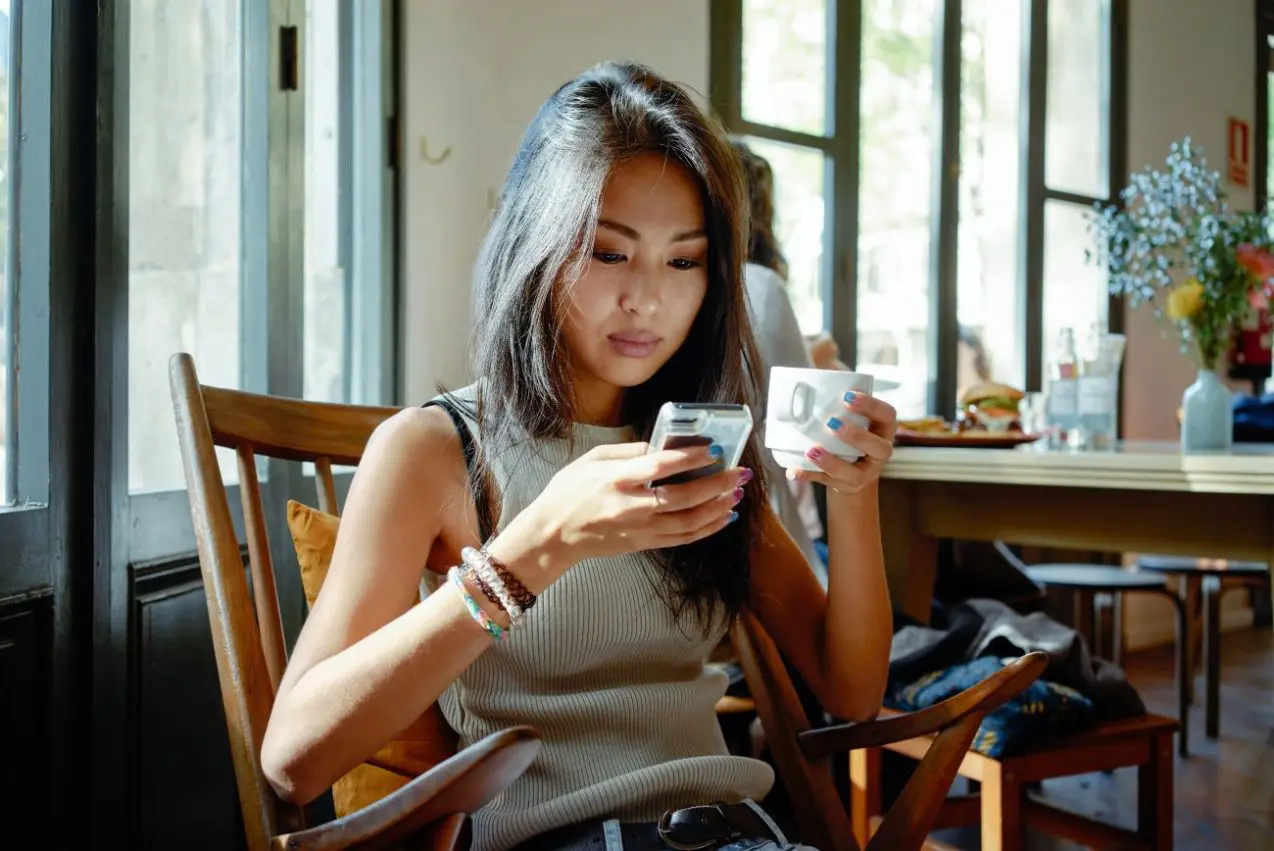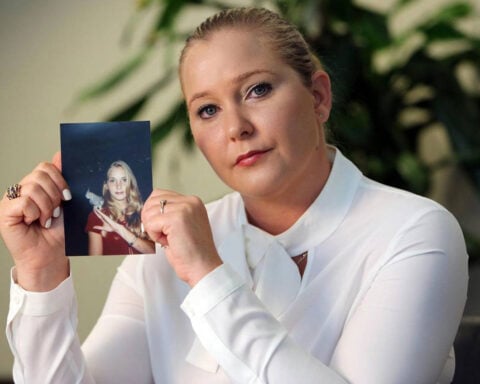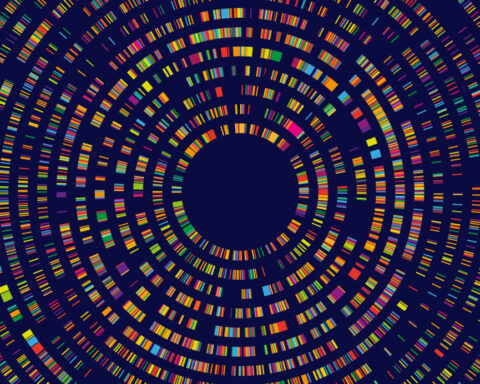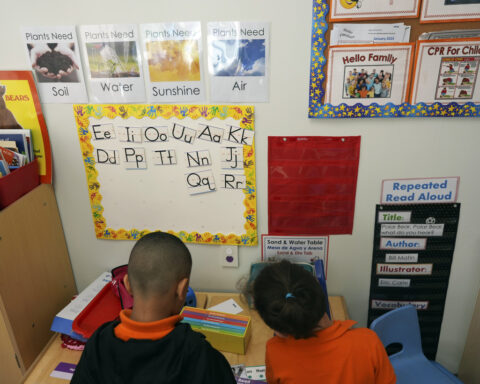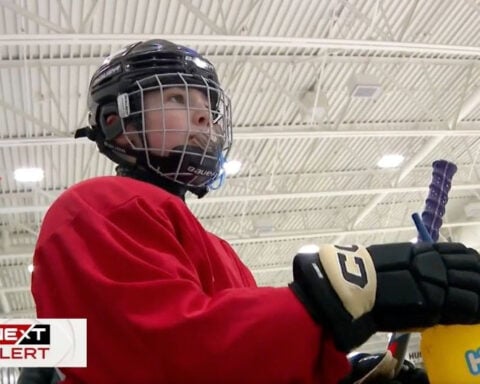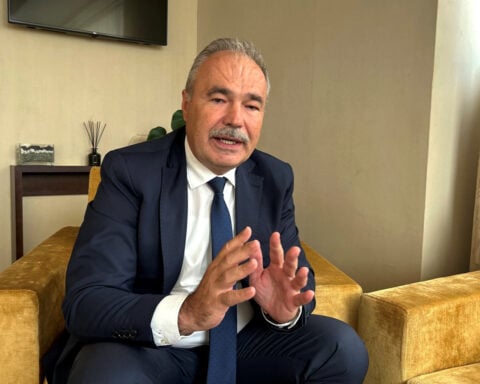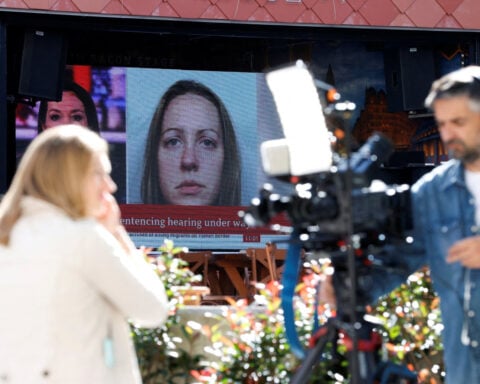"Just exhausted, that's all. It feels like a second job." Samantha's words epitomize the mental drain facing millions searching for love through dating apps. Behind the glossy photos and clever profiles lies weary users on an endless sprint towards happily ever after. However, despite obsessively working on these platforms, many fail to find meaningful connections regardless of the time and effort invested.
The promise sold by apps seems almost cruel in retrospect: an infinite pool of Mr. or Mrs. Right awaits with just the right swipe or click. Yet users like 28-year-old Samantha increasingly suspect the system is rigged. She invested nearly a decade in sites like Tinder and Bumble without satisfying results. Now, familiar signs of burnout plague her will to keep trying.
Samantha's dating app disenchantment proves far from an isolated case. Up to 80% of users aged 18-54 report similar emotional fatigue tied to online dating in recent research. Some have deactivated their profiles entirely for a reprieve from the vicious swipe-match-date cycle and feel they have become disposable.
So, how did the road to seamless digital romance lead to such disillusionment and despair for users? At the crux lies an industry more invested in maximizing screen time than forging actual relationships. Design intended to foster engagement above all else instead cultivates addiction and drains users emotionally.
The potential mental health impacts demand urgent attention as app dependency climbs. Without accountability, a promised land of high-tech soulmates will continue perpetuating loneliness and exhaustion instead. For Samantha and worn-out users everywhere, more supportive alternatives can't emerge soon enough.
What Samantha went through isn't unprecedented. 2020 saw 37% of online daters report receiving unsolicited sexually explicit messages or photos, and 35% report receiving ongoing contact from someone they had previously expressed no interest in.
Professor Helen Fisher of the Kinsey Institute's Department of Biological Anthropology states, "People just become tired. They are unable to cope with the pressures of dating. However, the Pew Research Center's report from 2020 shows that online dating isn't all bad.According to reports, 57% of Americans have tried internet dating and at least had a positive experience, while 12% of Americans have used it to find a long-term relationship.
Many users, like Samantha, feel obligated to keep looking for possible partners despite the emotional cost. They remain stuck in the internet dating cycle out of fear of losing out on a possible companion and a dash of hope.
Now that Tinder has been around for a decade, it seems like a good moment to consider how these services affect users emotionally. The term "burnout," originally from the field of occupational psychology, has found its way into other contexts, such as parenting, Zoom meetings, and online dating. Exhaustion and cynicism are hallmarks of burnout. Some individuals discover that the only solution is to completely quit using the programs, while others attempt to reduce their usage.
Despite the surge in popularity of dating apps, there has been little research to help experts understand the potential impact dating app have on the mental well-being of diverse users.The University of California, San Francisco's Dr. Jack Turban, an associate professor of child and adolescent psychiatry, offers a thorough explanation of the potential effects of dating apps on users' mental health.
an analytics company, reported that 80% of adults aged 18–54 have experienced emotional exhaustion or burnout as a result of online dating.This status came from Singles Reports.
A data analytics company called Singles Reports, found that approximately 80% of individuals aged 18 to 54 experienced emotional burnout or fatigue as a result of online dating. Some others, like Shani Silver, who wrote "A Single Revolution," feel that the negatives of using dating apps outweigh the positives. She deactivated her dating apps after ten years of failure, and immediately felt better and had more energy.
However, for certain users, the problems may persist even removing the applications. Dr. Turban says it may be helpful to investigate the root causes of the issues caused by the applications.
Some apps advise users to practice mindful browsing and strike a healthy work-life balance to prevent dating app fatigue. They are always working to improve the process by adding new safeguards and easing of use options for the user.
Dr. Fisher advises keeping interactions to a maximum of nine pairs at once since studies show that our short-term memory processes cannot process more than that. She also thinks that online conferences should be tried out first, before traveling for in-person meetings.
However, establishing limits on sites that aim to make dating and intimacy more like a game is difficult. This can cause bouts of compulsive usage, followed by fatigue, depression, and cynicism.
Social worker Essy Knopf feels the same way. He writes that while the applications first lifted his spirits, over time they wore him down emotionally and mentally, leaving him with a sense that he was expendable and would never find true connection.
Despite the negatives, many users are unable to break out of the online dating cycle because they are afraid of having to start again should their present relationship collapse. It's a sign of how emotionally nuanced the environment of online dating has evolved, with its share of excitement, letdown, and optimism.

 Trump has begun another trade war. Here's a timeline of how we got here
Trump has begun another trade war. Here's a timeline of how we got here
 Canada's leader laments lost friendship with US in town that sheltered stranded Americans after 9/11
Canada's leader laments lost friendship with US in town that sheltered stranded Americans after 9/11
 Chinese EV giant BYD's fourth-quarter profit leaps 73%
Chinese EV giant BYD's fourth-quarter profit leaps 73%
 You're an American in another land? Prepare to talk about the why and how of Trump 2.0
You're an American in another land? Prepare to talk about the why and how of Trump 2.0
 Chalk talk: Star power, top teams and No. 5 seeds headline the women's March Madness Sweet 16
Chalk talk: Star power, top teams and No. 5 seeds headline the women's March Madness Sweet 16
 Purdue returns to Sweet 16 with 76-62 win over McNeese in March Madness
Purdue returns to Sweet 16 with 76-62 win over McNeese in March Madness
